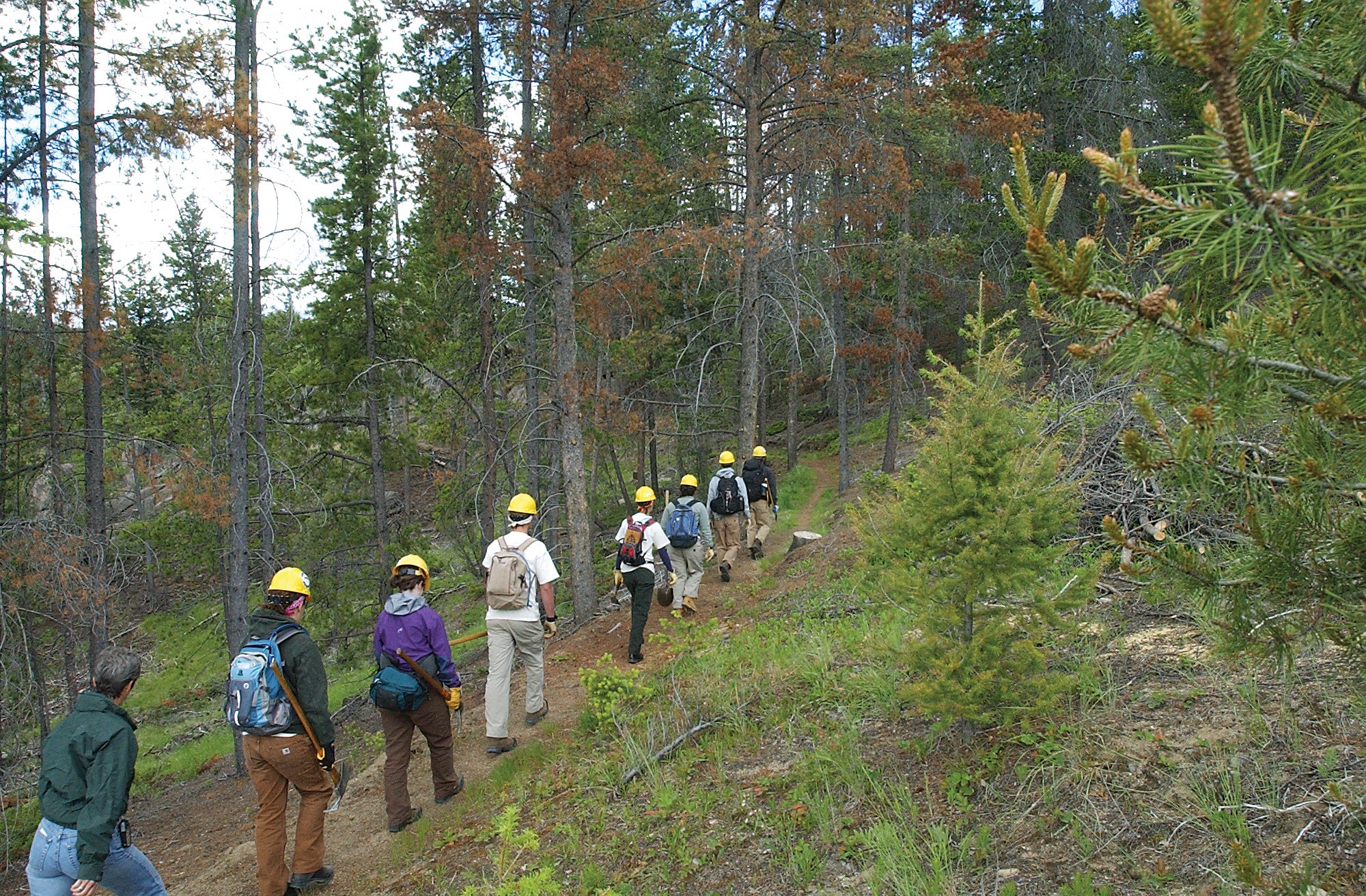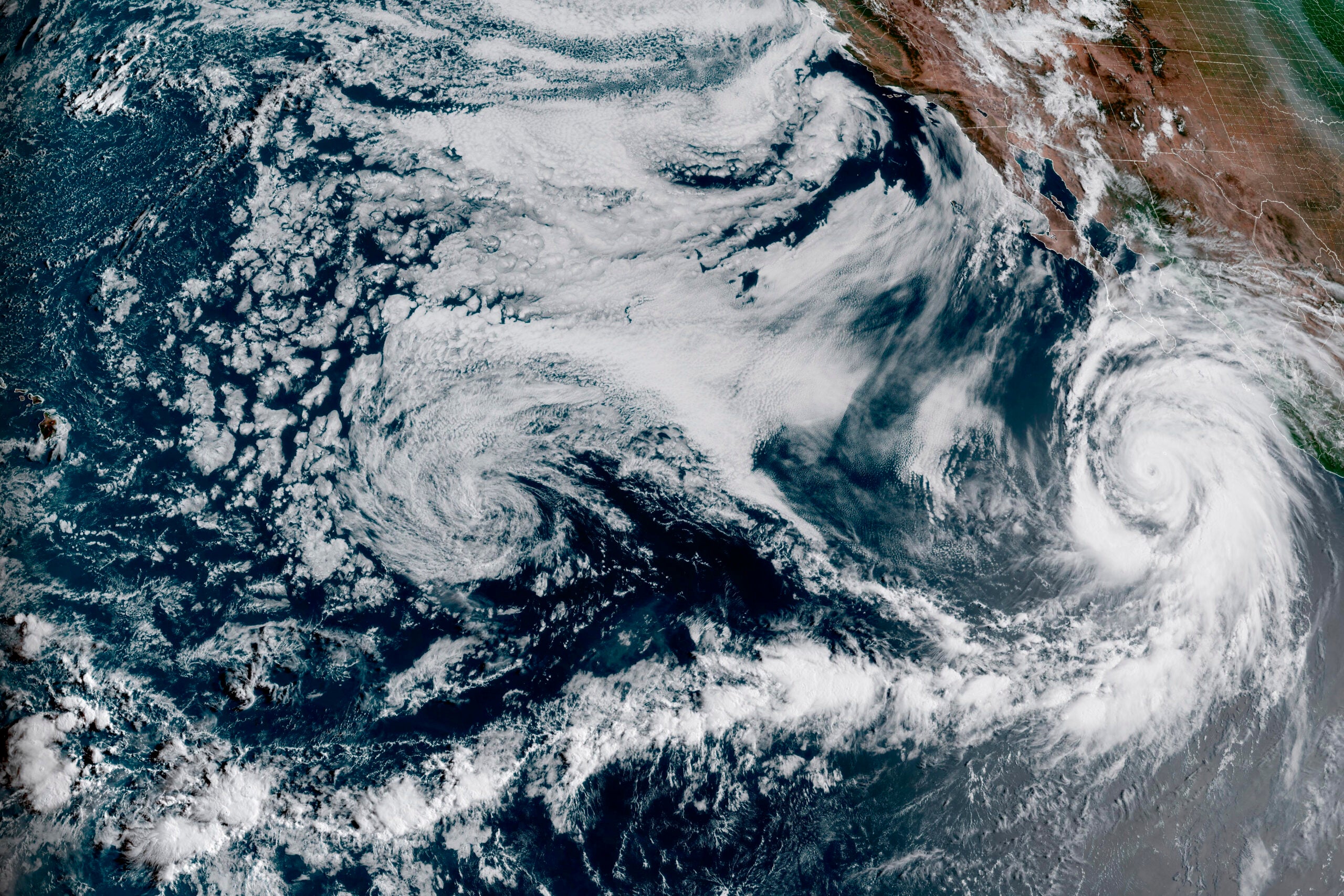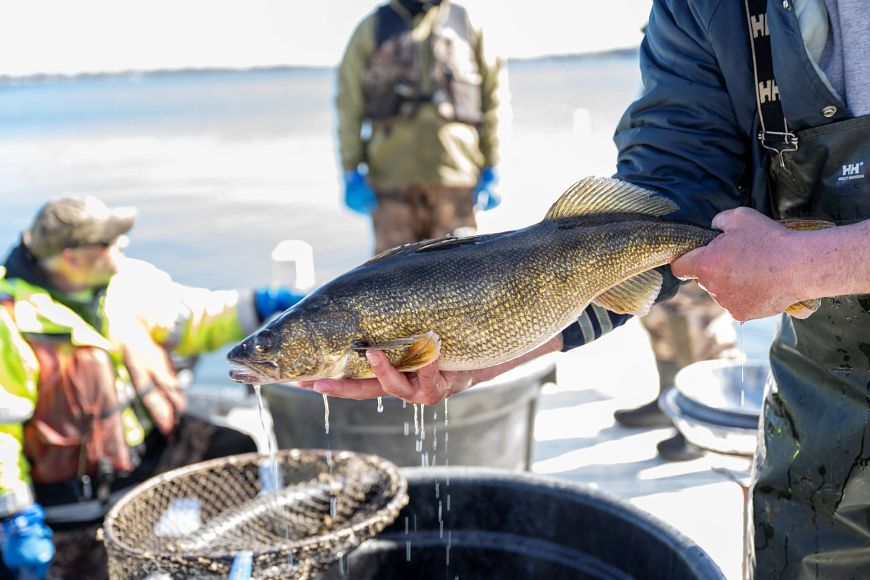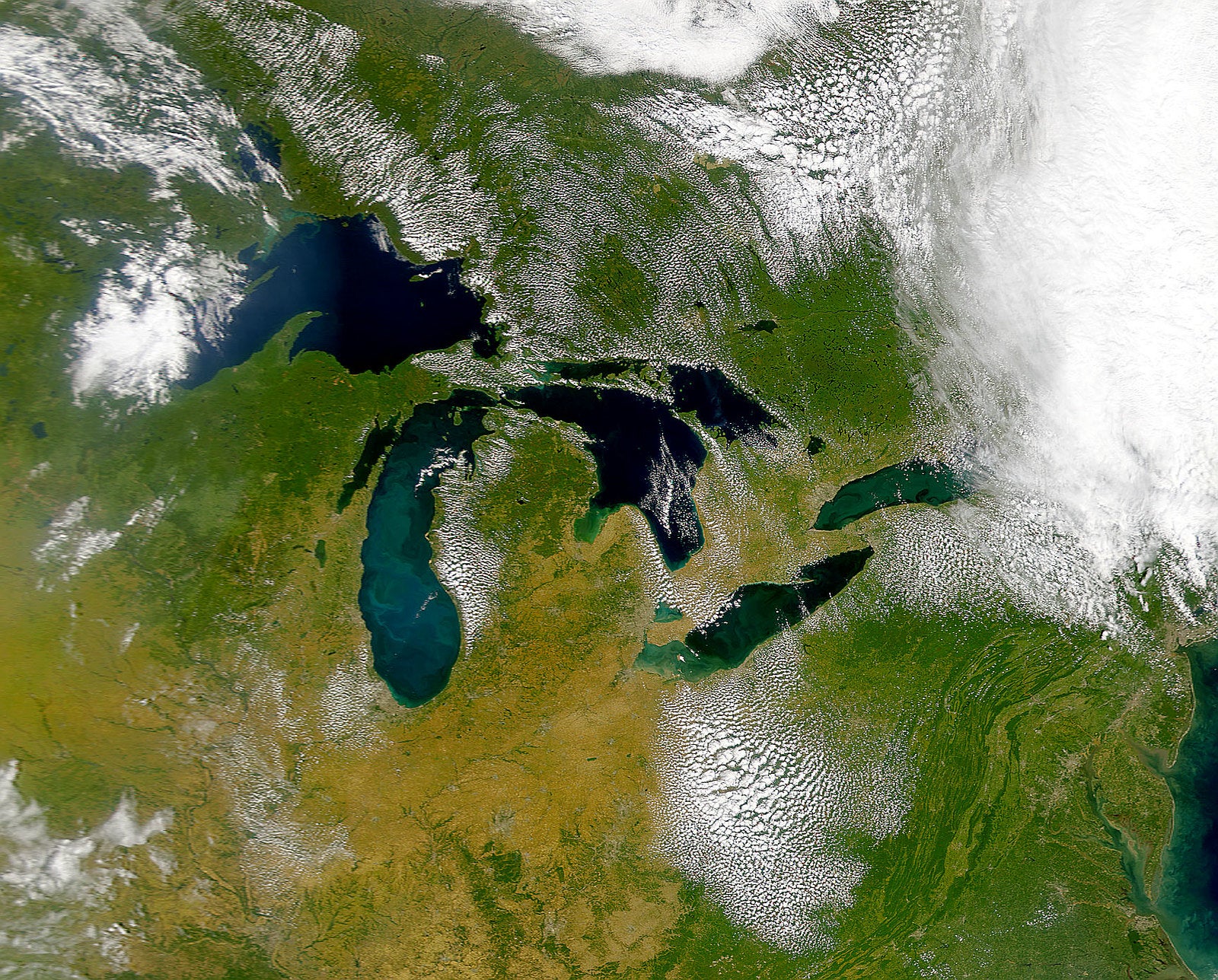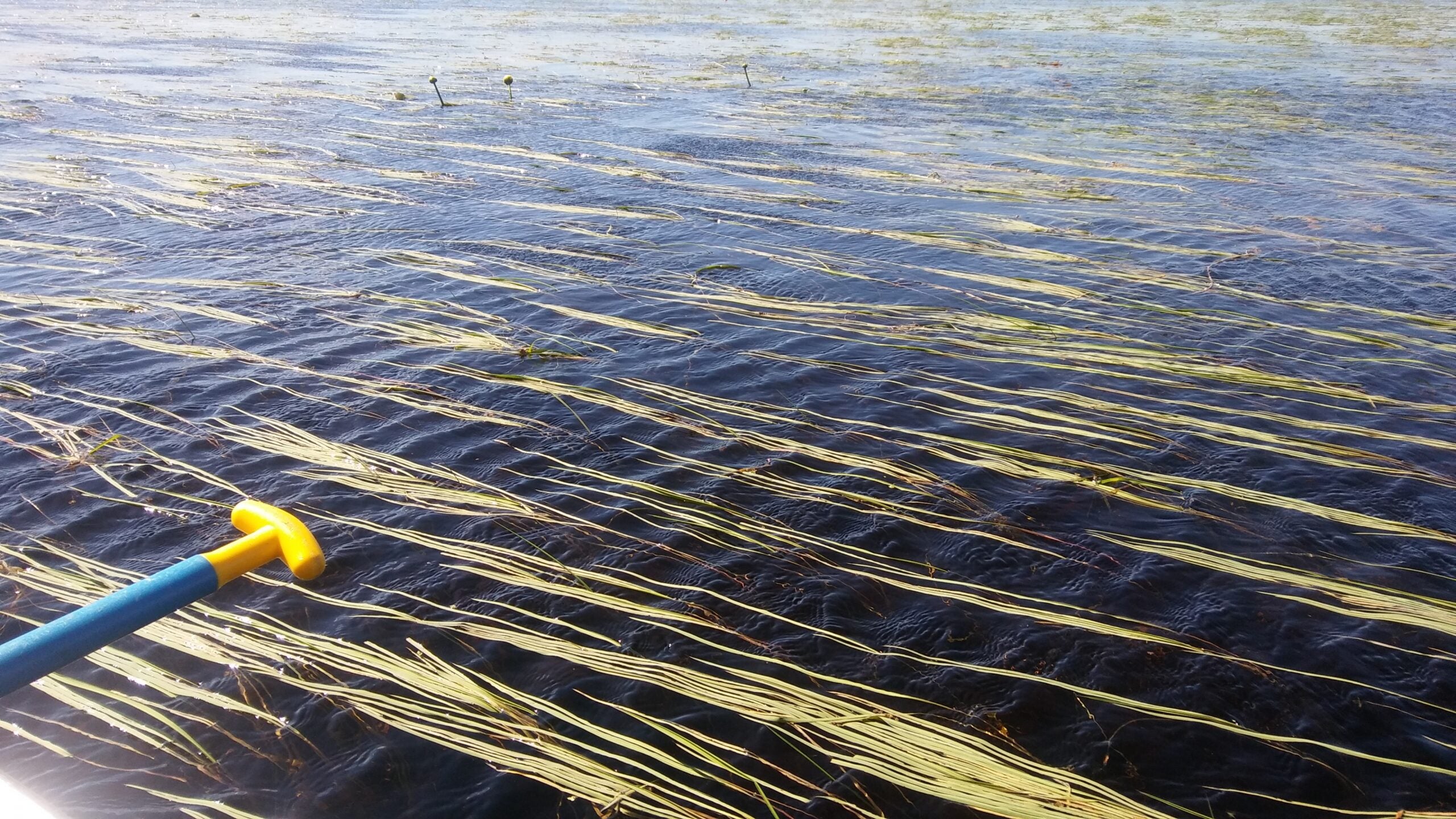A team of researchers at the University of Wisconsin-Madison and Aarhus University in Demark say they have an idea of where climate change will push more species together.
In a study published this week in the journal Nature Climate Change, UW-Madison Geography Professor Jack Williams and colleagues at Aarhus University looked at likely new species communities caused by changes like global warming.
One new combination is expected in northern Wisconsin forests, Williams said.
News with a little more humanity
WPR’s “Wisconsin Today” newsletter keeps you connected to the state you love without feeling overwhelmed. No paywall. No agenda. No corporate filter.
“The pines and spruces in the north that are expected to become less abundant as temperatures rise, and you think of some more southerly species such as various oak species expanding their ranges northward,” Williams said.
Williams said the new mix may mean challenges for scientists, the timber industry and other industries.
“As new communities emerge in response to climate change, it becomes harder to predict how those species will interact with each other, and what are the best management strategies if we’re trying to preserve,” he said.
Williams said some plants and animals will be able to keep up with the pace of climate change, but others will have difficulty with their new neighbors or new surroundings.
Wisconsin Public Radio, © Copyright 2026, Board of Regents of the University of Wisconsin System and Wisconsin Educational Communications Board.

